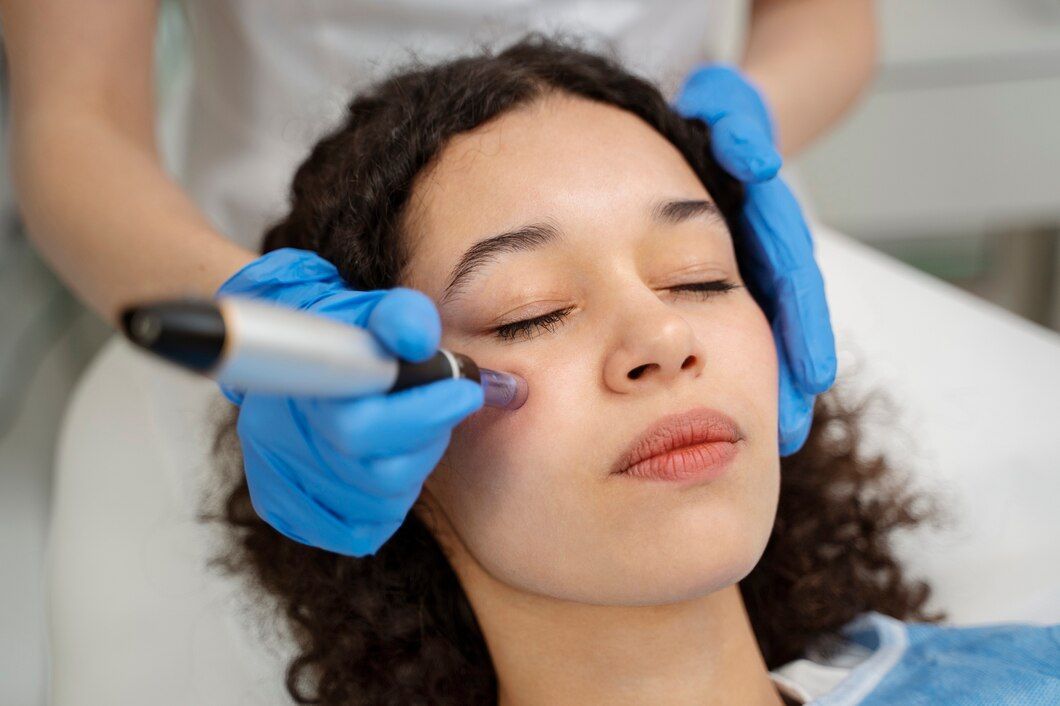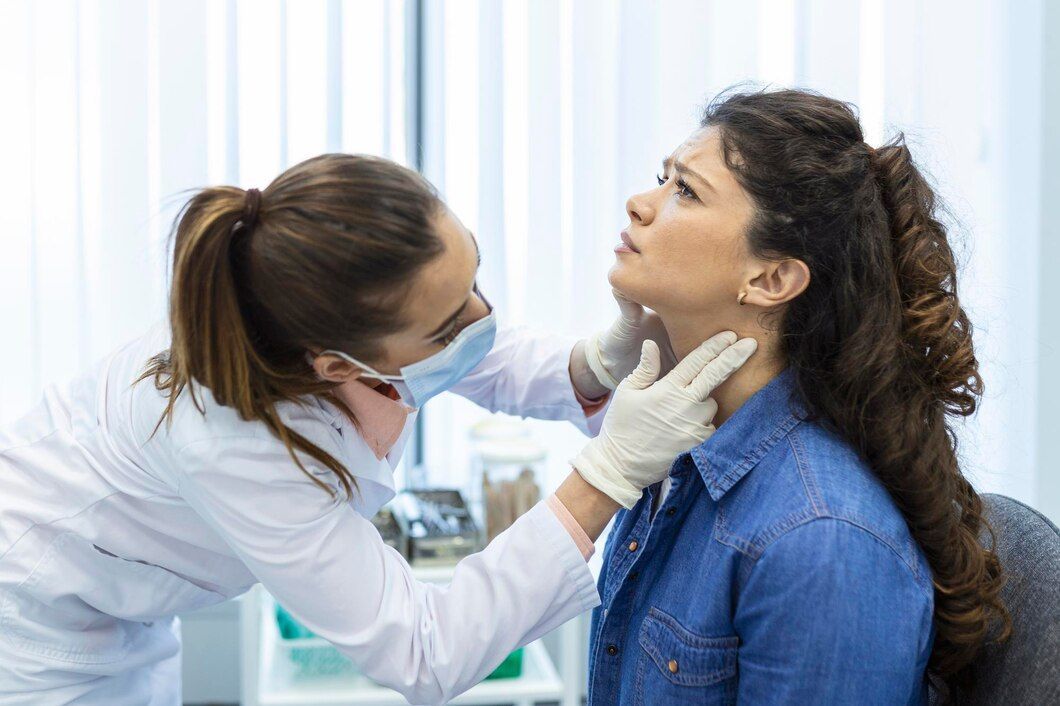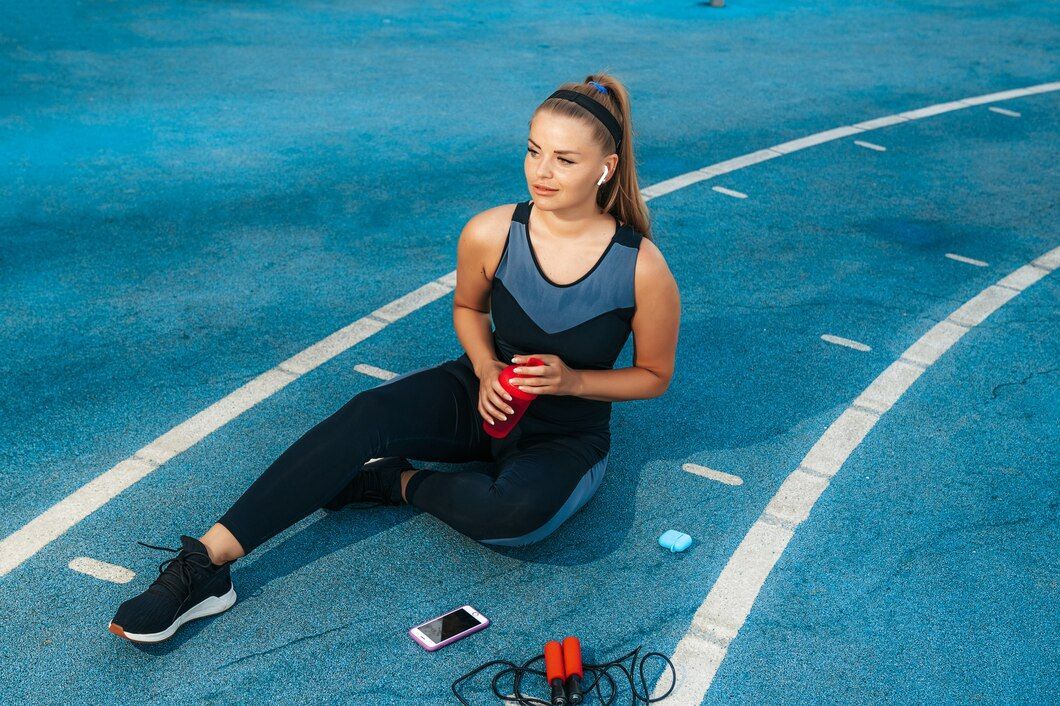Enhance Athletic Recovery Using These Easy and Proven Methods

Recovering well after exercise is as important as the workout itself. Good recovery helps muscles repair, reduces soreness, and prepares your body for the next session. Effective recovery doesn’t have to be complex or time-consuming. By integrating easy methods into your routine, you can enhance your recovery and overall athletic performance.
Nutrition and hydration are vital components of recovery. Eating the right foods and drinking plenty of fluids can replenish energy stores and aid muscle repair. Understanding what to consume and when can make a significant difference in how quickly and efficiently your body recovers.
Besides nutrition, several techniques and practices can help speed up recovery. These include things like stretching, foam rolling, and using recovery tools which are simple to incorporate into your daily routine. Ensuring proper sleep and managing mental health also play crucial roles in recovery. Adequate sleep allows your body to heal, while managing stress helps maintain a balanced state of mind, promoting overall well-being.
For those looking for advanced solutions, therapies like peptide therapy and hormone balancing can provide additional support. These methods work at a deeper level to enhance recovery, improving muscle repair and overall performance. By understanding and utilizing these easy methods, you can maximize your recovery and take your athletic performance to the next level.
Importance of Nutrition and Hydration for Recovery
Proper nutrition and hydration are key factors in speeding up athletic recovery. After exercising, your muscles need the right nutrients to repair and grow. Consuming a balanced mix of proteins, carbs, and healthy fats can refuel your energy stores and support muscle repair. Protein helps rebuild the tiny tears in muscle fibers caused by intense workouts, while carbs restore glycogen, the energy your muscles need.
Hydration is equally important. During exercise, you lose fluids and electrolytes through sweat. Drinking water or a sports drink with electrolytes can replenish what you lose. Staying hydrated helps maintain blood circulation and keeps your muscles functioning well. Dehydration can lead to muscle cramps and fatigue, slowing down your recovery process.
Timing your meals also matters. Eating a snack or meal with protein and carbs within 30 minutes to an hour after working out can jumpstart the recovery process. Simple options like a protein shake with a banana or a turkey sandwich on whole grain bread work well. Remember, fueling your body with the right nutrients and staying hydrated can make all the difference in how quickly and effectively you recover.
Effective Recovery Techniques and Practices
Several easy recovery techniques and practices can significantly improve how you feel after a workout. Combining these practices can help you bounce back faster and reduce muscle soreness.
1. Stretching:
After a workout, take time to stretch. This helps improve flexibility and reduces muscle tightness. Focus on the major muscle groups you used during your workout.
2. Foam Rolling: Using a foam roller can aid muscle recovery by releasing tension and improving blood flow. Target areas that feel tight or sore.
3. Active Recovery: Light activities like walking, swimming, or yoga on rest days can keep your muscles moving without the strain of a full workout. This helps flush out lactic acid and promotes circulation.
4. Cold Therapy: Applying ice packs or taking cold showers can reduce inflammation and muscle soreness. This is particularly useful after intense workouts.
5. Compression Gear: Wearing compression garments can increase blood flow to your muscles, helping to speed up the recovery process.
Incorporating these techniques into your routine can make a big difference in your recovery. The goal is to help your body heal and prepare for the next workout. Choose the methods that feel best for you and make them a regular part of your post-exercise routine.
The Role of Sleep and Mental Health in Athletic Recovery
Getting enough sleep and maintaining good mental health are essential for athletic recovery. Sleep is when your body does most of its repairing and healing. During deep sleep stages, growth hormones are released, which help rebuild muscles and tissues stressed during workouts.
Not getting enough sleep can slow down physical recovery, lower your immune system, and reduce your overall performance. Aim for 7-9 hours of sleep each night to ensure your body has enough time to recover. Setting a regular sleep schedule, avoiding screens before bedtime, and creating a comfortable sleep environment can help you get better rest.
Mental health is just as important. Stress and anxiety can affect how well you recover from exercise. High levels of stress can lead to poor-quality sleep and increased muscle tension, which delay recovery. Techniques such as mindfulness, meditation, and breathing exercises can help manage stress and promote relaxation. Keeping a positive mindset and staying mentally balanced can make your recovery process smoother and more effective.
Advanced Solutions: Peptide Therapy and Hormone Balance for Enhancing Recovery
Peptide therapy and hormone balancing are advanced solutions that can enhance athletic recovery. Peptides such as Tesamorelin and Sermorelin stimulate the release of growth hormones, boosting muscle repair and reducing recovery time. These peptides help increase lean muscle mass, decrease body fat, and improve overall body composition, making recovery more efficient.
Hormone balance is crucial for optimal recovery. Imbalances in hormones like testosterone and thyroid hormones can hinder your ability to recover from workouts. Hormone replacement therapy (HRT) can correct these imbalances, providing the body with the necessary hormones to repair and build muscle effectively. HRT can help stabilize energy levels, improve mood, and enhance physical performance.
Consider consulting with a healthcare provider to explore if peptide therapy or hormone balancing is right for you. These advanced treatments can offer a more comprehensive approach to recovery, addressing underlying issues that traditional methods might miss. Incorporating these solutions can significantly improve your recovery process and athletic performance.
Conclusion
Boosting athletic recovery doesn't have to be difficult. Combining proper nutrition, effective recovery techniques, adequate sleep, and mental health practices can create a solid foundation for recovery. Advanced solutions like peptide therapy and hormone balancing can further enhance your recovery process, allowing you to achieve better and faster results.
Taking a holistic approach to recovery can lead to improved athletic performance, reduced muscle soreness, and a healthier, more resilient body. Understanding and applying these methods can help you maximize your workouts and prepare for future challenges.
Ready to elevate your athletic recovery? Helix HRT, your trusted
hormone replacement clinic, provides advanced therapies and personalized treatment plans designed to enhance recovery and support your fitness goals. Contact us today to learn how we can help you achieve optimal health and peak performance.
Ensure Consistency - Refill Your Hormone Replacement Medication Today!

Contact us today and get personalized treatment without ever having to leave your home.
Navigation
Contact Info
Phone: (725) 444-5575
Email: info@helixhrt.com
Address: 2625 N Green Valley Parkway, Henderson, NV 89014
All Rights Reserved | Helix HRT
Website designed by: Designer 1 Media









